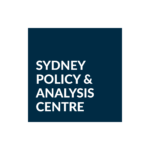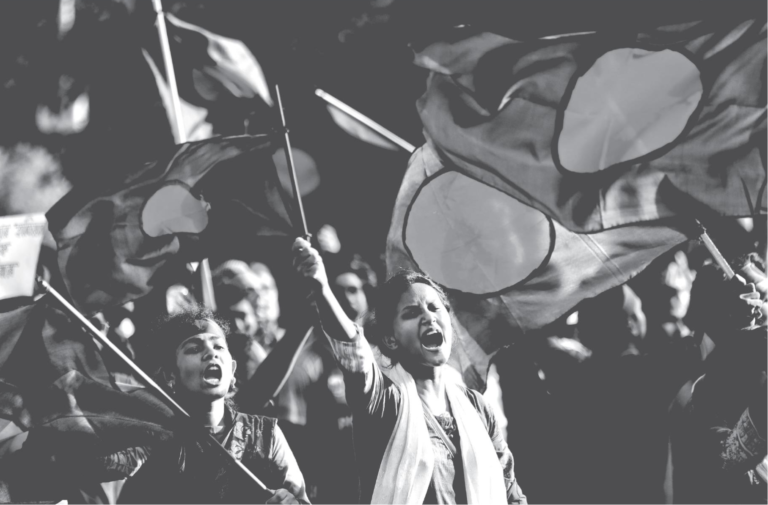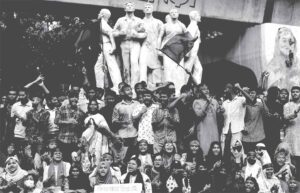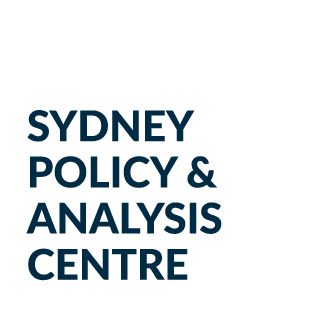In the wake of Bangladesh’s historic political shift in August 2024, the interim government, led by Nobel laureate Muhammad Yunus, established six commissions to draft proposals for critical institutional and constitutional reforms. These proposals, submitted in early 2025, led to the formation of a national consensus commission to facilitate agreement among political parties.
At the heart of Bangladesh’s political dilemma is whether elections should proceed immediately or be delayed for reforms. Years of authoritarian governance, electoral manipulation, and the centralization of power have left state institutions weakened, raising serious concerns about their ability to oversee a credible democratic transition. While there is broad consensus on the need for institutional restructuring, opinions remain divided. Some argue that postponing elections risks entrenching power further, while others caution that holding elections without reforms may only legitimize a flawed system. Chief Adviser Yunus has announced elections between December 2025 and June 2026, but uncertainty persists due to conflicting government statements prioritizing reforms over elections. Additionally, speculation is growing about the interim government’s support for a new party led by student leaders from the 2024 uprising.
A recent survey indicates that most respondents favor elections by 2025, with political and constitutional reforms ranking lower among public expectations. Against this backdrop, ADN and SPAC organized the webinar Election Timing & Institutional Reforms: A Constitutional Debate on March 21, 2024.





